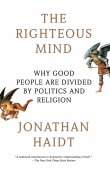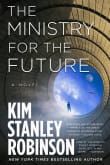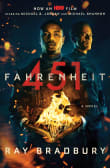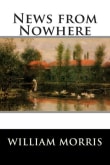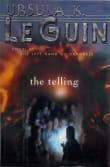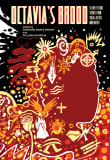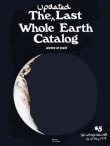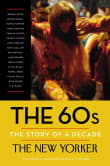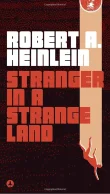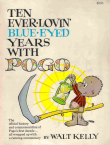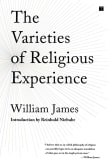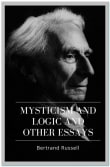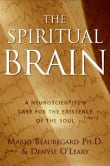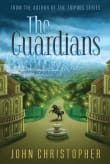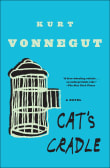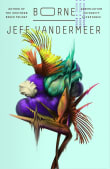Island
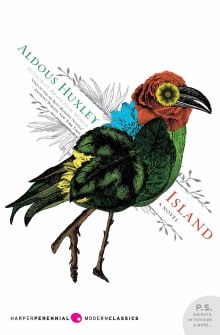
Book description
For over a hundred years the Pacific island of Pala has been the scene of a unique experiment in civilisation. Its inhabitants live in a society where western science has been brought together with Eastern philosophy to create a paradise on earth. When cynical journalist, Will Farnaby, arrives to research…
Why read it?
5 authors picked Island as one of their favorite books. Why do they recommend it?

I love how Huxley depicts a utopic community in a sea of unrestrained capitalism. This book got me thinking about solutions to problems I didn’t know existed. It got me to rethink how I view family structures, community, responsible drug use, and meditation. I appreciate how he centered the conflict around his ideal world versus the world imposed on his ideals by reality.
From CJ's list on outrageous books that address climate change.

I admit that Huxley’s final novel is a rather difficult one to read. It’s long, it goes on too long in some places, it’s kind of fiction and philosophy together, and it includes a book within a book. However, The Island is a work of genius.
There’s the utopian island of Pala (not dystopian), and all through the book, there’s the threat of the invading Rendang kingdom. It includes some Buddhist ideas with the birds on the island that say karuna (meaning compassion) and "attention" to remind islanders of the now, yet ultimately, in the end, the island is invaded,…
From Dan's list on dystopian books that could actually happen.

The Island has always had a soft spot in my heart since, as far as I know, it is the first time anyone mentioned the term – neurotheology.
And while he didn’t discuss neurotheology in any complex way, he recognized the value of exploring spirituality and the mind as essential for future “utopian like” societies. Huxley explores a fictional island called Pala, which is depicted as a harmonious and spiritually enlightened community, and also serves as a critique of the flaws and shortcomings of contemporary society.
Huxley draws heavily upon Eastern philosophies, and introduces readers to concepts such as mindfulness,…
From Andrew's list on the science of spiritual experiences.
If you love Island...

Island novelizes the “purely aesthetic… sacramental vision” Huxley discovered on mescaline. It features mind-altering drugs, spiritualism, and conventional sex. It championed spiritual growth, environmentalism, and peaceful co-existence in an agricultural society. Huxley supposes a remote island where the best (white) people live in spiritual harmony away from the materialism, capitalism, and technological progress that he satirized in his immensely popular novel, Brave New World.
I chose Island because of Huxley’s other-worldly intellectual quietism, which appealed to city-bred, university-educated 60s people disillusioned by materialism. They chose a simpler, traditional, agricultural way of life, emulating Huxley’s rejection of technological progress,…
From Seymour's list on understanding 60’s back-to-the-land hippies.

The complete antithesis to Huxley’s much more famous book, Brave New World, this novel depicts the ideal life of an imaginary island, Pala, somewhere in South-East Asia. Huxley seems to have picked up elements from the actual life-ways of islanders in the Asia-Pacific region, rather than do a lot of futuristic fable-building. Economic production, spiritual and ethical values, nature conservation, and other aspects of life are integrated into a harmonious whole which is quite alluring! But though this was written 30 years after Brave New World, Huxley seems not to have completely shaken off that dystopian outlook. The…
From Ashish's list on utopian fiction.
If you love Island...
Want books like Island?
Our community of 12,000+ authors has personally recommended 100 books like Island.

